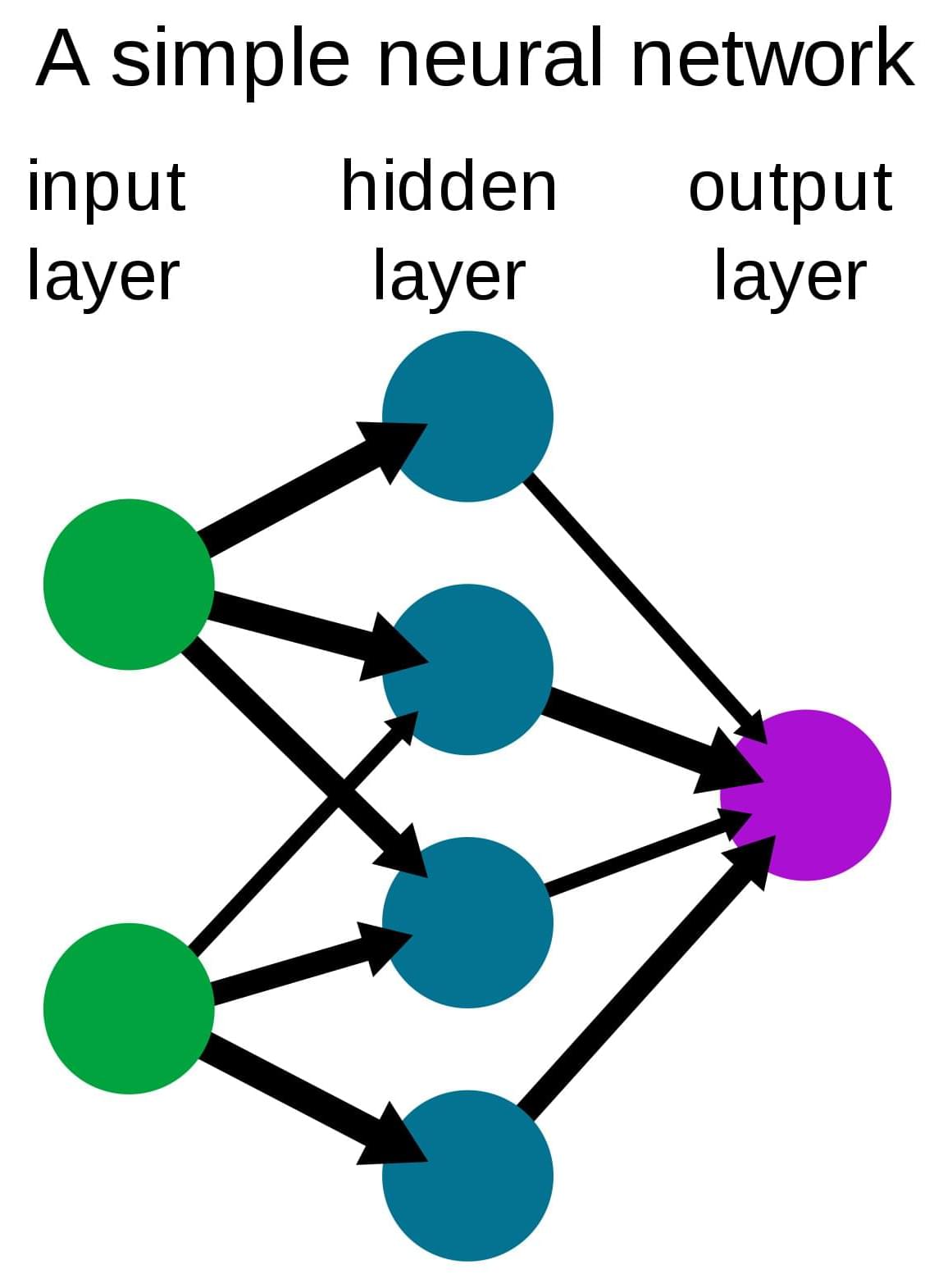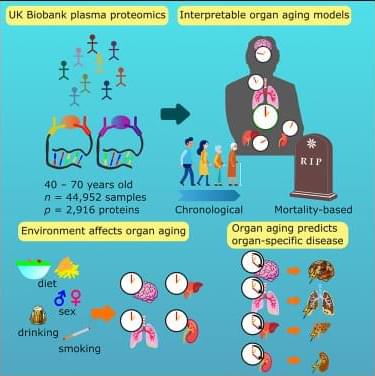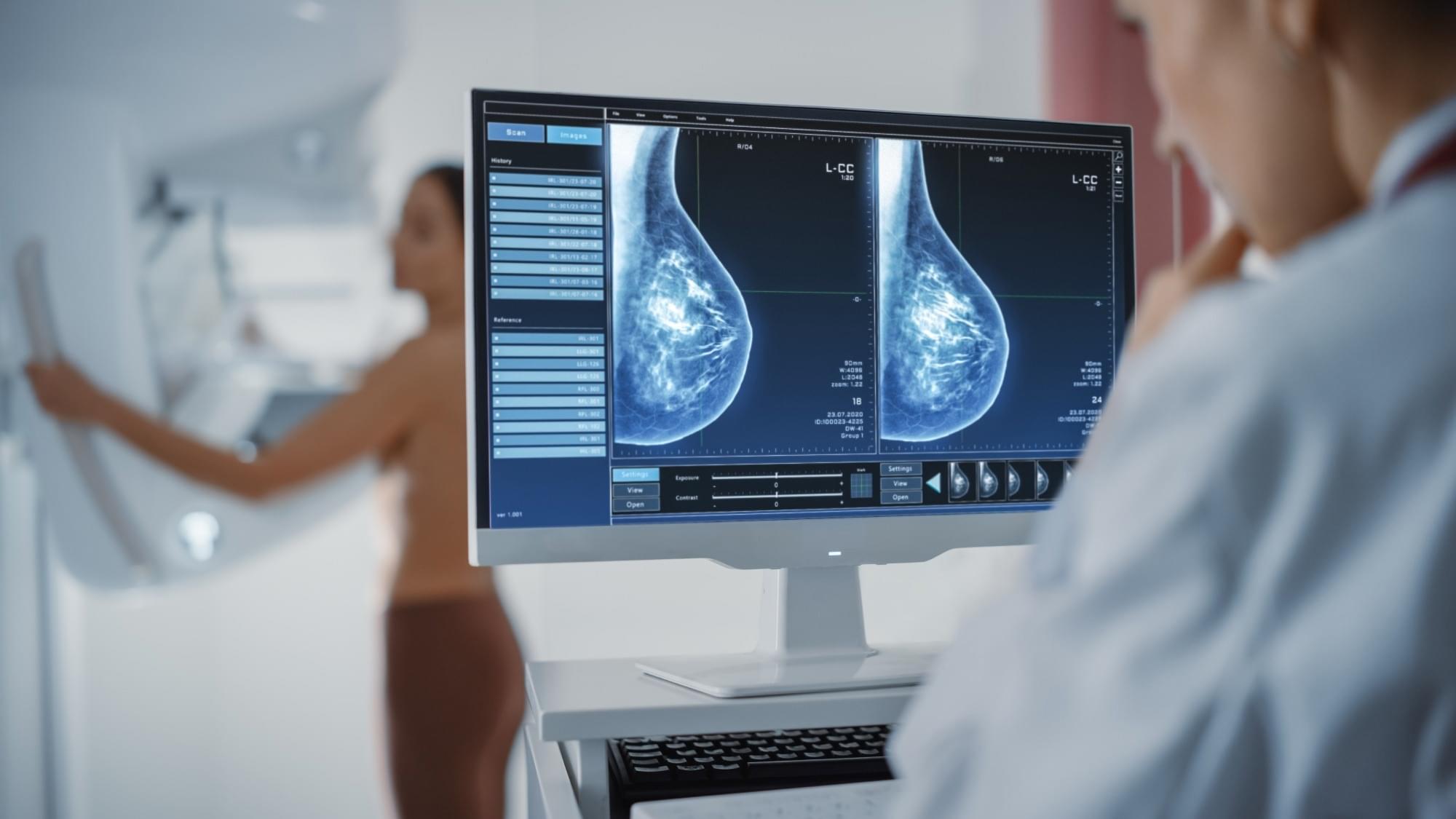Artist raphaël emine creates 3D printed ceramic sculptures that double as hotels for insects and small wildlife.



They say space is silent, but turn your ears into radio wave receivers and suddenly it is a symphony of sounds. So what does Earth sound like from space?
https://brilliant.org/astrum/
******
A big thank you to Brilliant for supporting this video. Sign up for free using the link above. That link will also get the first 200 subscribers 20% off a premium subscription to the website if you like what you see.
******
0:00 Intro.
2:23 Chorus Waves.
3:25 Whistler Mode Plasma Waves.
5:01 Dawn Chorus Waves.
5:46 Hiss Waves.
6:25 Sponsor message.
7:10 Outro.
SUBSCRIBE for more videos about our other planets.
Subscribe! http://goo.gl/WX4iMN
Facebook! http://goo.gl/uaOlWW
Twitter! http://goo.gl/VCfejs.
Donate!
Patreon: http://goo.gl/GGA5xT
Ethereum Wallet: 0x5F8cf793962ae8Df4Cba017E7A6159a104744038
Become a Patron today and support my channel! Donate link above. I can’t do it without you. Thanks to those who have supported so far, especially:


This study develops organ-specific aging models using blood proteomics data from 53,000 UK Biobank participants. These models predict organ-specific diseases and risk of death and reveal that chronic diseases reflect faster aging in specific organs. Different lifestyles affect organ aging differently.



Harnessing Static Electricity for Power
Static electricity might be an everyday nuisance, especially in winter, but for some scientists, it holds untapped potential as an energy source. Using a device called a triboelectric nanogenerator (TENG), mechanical movement can be converted into electrical energy through the triboelectric effect.


A few prospective studies have suggested that AI use in mammography screening increases cancer detection. However, cancer detection supported with AI should not predominately identify indolent cancers or occur at the expense of more false positives; instead, AI usage should increase the detection of clinically relevant cancers.
About the study
In the present study, researchers assessed the performance of cancer screening measures in the MASAI trial. The trial was designed to compare AI-supported mammography screening with standard double-reading.